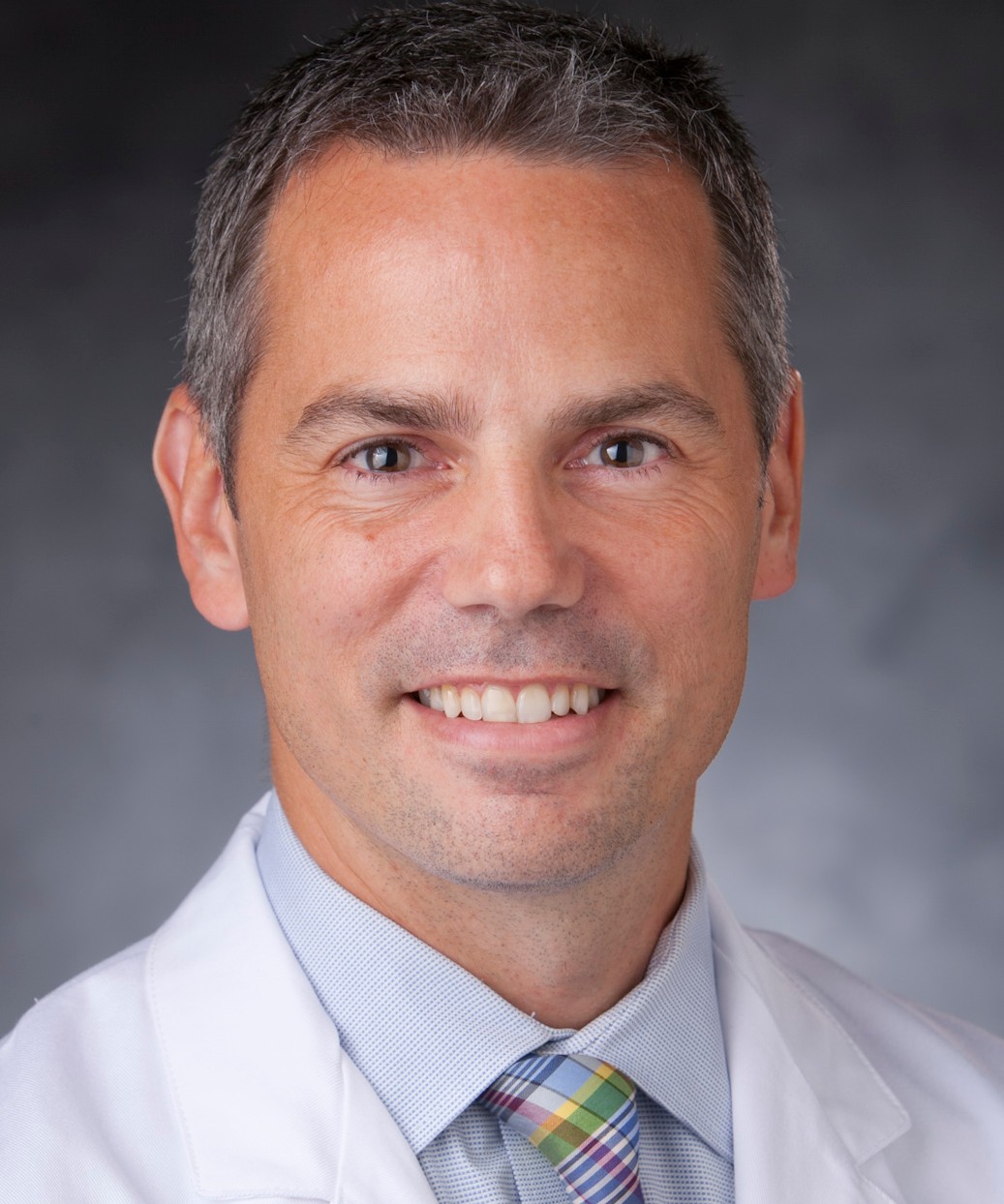
The Hips Don’t Lie: The Truth About PENG and Other Blocks for Hip Surgery
Free Webinar Supported by Industry - Pajunk Medical Systems
.jpg?sfvrsn=3e31344_4)
Registration is now closed.
Struggling with how to provide excellent regional pain control for hip fracture, hip replacement, or hip arthroscopy? Concerned about causing motor weakness? You’re not alone...but there ARE solutions! Pajunk Medical Systems invites you to a webinar on analgesia for hip surgery with Jeff Gadsden, MD, FRCPC, FANZCA, and Maggie Holtz, MD. They'll talk about the benefits and limitations of the pericapsular nerve group (or PENG) block, lateral femoral cutaneous block (LFCN), and the fascia iliaca block, and share which ones they prefer and why.
Faculty
 Jeff Gadsden, MD, FRCPC, FANZCA, is an associate professor of anesthesiology at Duke University, and chief of the Division of Orthopedic, Plastic, and Regional Anesthesiology. He graduated with an MD in 1999
from Queen’s University in Kingston, ON, Canada, and undertook training in anesthesiology at the University of Toronto and St. Luke’s-Roosevelt Hospital in New York City. Dr. Gadsden holds fellowships in anesthesia with the Royal College
of Physicians and Surgeons of Canada and the Australian and New Zealand College of Anaesthetists, and he is board certified by the American Board of Anesthesiology. After working in both Canada and Australia, he decided to return to the United States
to focus on his teaching and research interests of ultrasound-guided nerve blockade, the monitoring of regional anesthesia, trauma, and education.
Jeff Gadsden, MD, FRCPC, FANZCA, is an associate professor of anesthesiology at Duke University, and chief of the Division of Orthopedic, Plastic, and Regional Anesthesiology. He graduated with an MD in 1999
from Queen’s University in Kingston, ON, Canada, and undertook training in anesthesiology at the University of Toronto and St. Luke’s-Roosevelt Hospital in New York City. Dr. Gadsden holds fellowships in anesthesia with the Royal College
of Physicians and Surgeons of Canada and the Australian and New Zealand College of Anaesthetists, and he is board certified by the American Board of Anesthesiology. After working in both Canada and Australia, he decided to return to the United States
to focus on his teaching and research interests of ultrasound-guided nerve blockade, the monitoring of regional anesthesia, trauma, and education.
 Maggie Holtz, MD, is a board certified anesthesiologist. Having previously served as assistant professor of anesthesiology at
Emory and then at Yale, she now works for Georgia Anesthesiologists, P.C., where she is chief of regional and orthopedic anesthesia at WellStar Kennestone Regional Medical Center in suburban Atlanta. Dr. Holtz speaks across the country on opioid minimization
and enhanced recovery after surgery, and also teaches at regional anesthesia workshops both nationally and internationally.
Maggie Holtz, MD, is a board certified anesthesiologist. Having previously served as assistant professor of anesthesiology at
Emory and then at Yale, she now works for Georgia Anesthesiologists, P.C., where she is chief of regional and orthopedic anesthesia at WellStar Kennestone Regional Medical Center in suburban Atlanta. Dr. Holtz speaks across the country on opioid minimization
and enhanced recovery after surgery, and also teaches at regional anesthesia workshops both nationally and internationally.
ASRA Pain Medicine provides companies the opportunity to share educational webinar content (no CME) with interested members and customers. The program was independently produced, not subject to review, and is not part of the scientific/educational program offered by ASRA Pain Medicine.